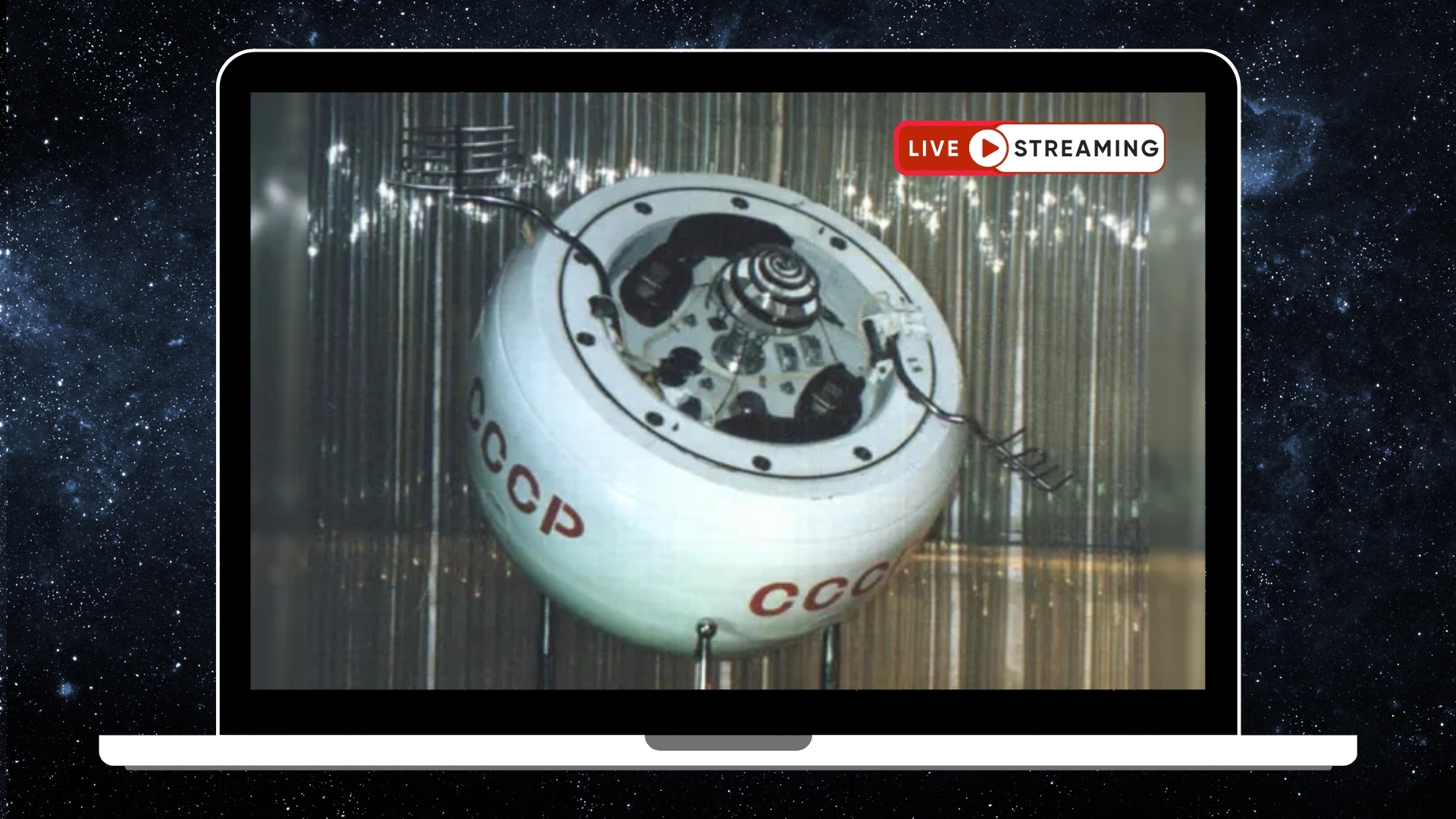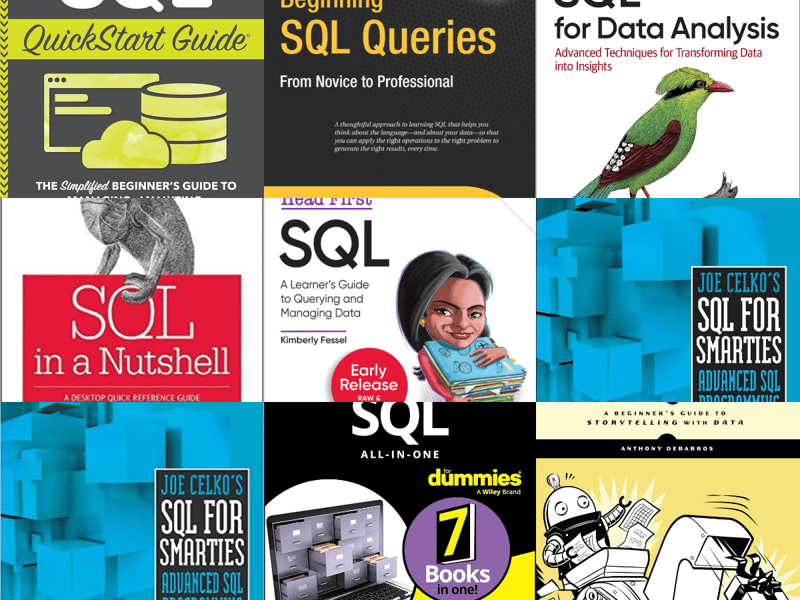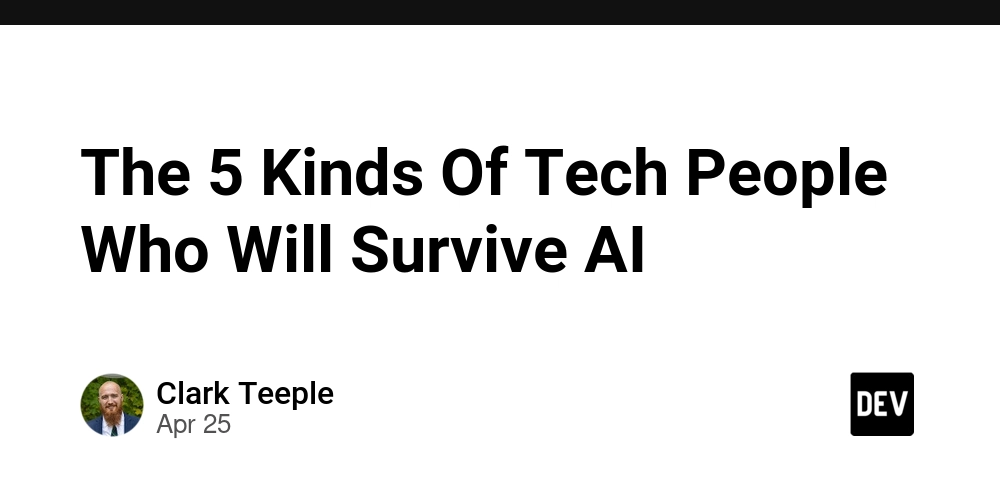Model Context Protocol Adoption and C# SDK Integration in Java
Originally published at ssojet Adoption of the Model Context Protocol Within the Java Ecosystem The Model Context Protocol (MCP) is gaining traction in the Java ecosystem, particularly within frameworks like Quarkus and Spring AI. Developers can now run MCP servers more efficiently using tools such as JBang. The MCP Java Server Configuration Generator simplifies the process for Java developers. MCP, introduced by Anthropic, serves as an open standard enabling applications to provide context to Large Language Models (LLMs). Companies like OpenAI and Google have shown support for it. Most recently, GitHub announced support for MCP servers for VS Code users. MCP allows developers to expose functionalities in the form of tools that integrate with LLMs. The protocol supports communication via standard input and Server-Side Events (SSE). Java frameworks are witnessing a surge in MCP support, including LangChain4j, Quarkus, and Spring AI. /filters:no_upscale()/news/2025/05/mcp-within-java-ecosystem/en/resources/2mcp-java-timeline-1746616315169.png) However, security remains a concern with rapid innovation. Exposing data to LLMs can lead to issues such as hallucinations and potential information leaks. For more on security concerns, see The Hacker News. OpenSearch 3.0 Release and Features OpenSearch 3.0 has been released under the Linux Foundation, featuring experimental GPU-accelerated vector indexing and native MCP support. This release comes as OpenSearch aims to compete with ElasticSearch. The addition of GPU acceleration claims up to a 9.3 times speed-up in index builds. MCP support allows AI agents to communicate with OpenSearch, prompting vendors to integrate MCP into their products. The new version also introduces the gRPC protocol, enhancing data transport between clients, servers, and nodes. Other features include pull-based ingestion for data from streaming systems like Apache Kafka and upgrades to Java code, now requiring a minimum of Java 21. OpenSearch, a fork of ElasticSearch introduced by AWS, is vying for community engagement as Elastic moves back to open source. A recent performance comparison highlights that OpenSearch outperforms Elasticsearch in some operations. Model Context Protocol Servers Project The mcp-servers project, designed using Quarkus, showcases the capabilities of the Model Context Protocol. Currently, it features three servers: JDBC, Filesystem, and JavaFX, all easily runnable via JBang. Developers can connect AI applications to any JDBC-compatible database, access local file systems, or draw on a JavaFX canvas. The ease of setup with JBang allows non-Java developers to utilize these servers without extensive Java installations. To use the servers, install JBang and configure the MCP client accordingly. Tested MCP clients include Claude Desktop, mcp-cli, and Goose, with Goose being particularly noteworthy for its open-source nature. Microsoft and Anthropic Collaboration for C# SDK Microsoft's collaboration with Anthropic has resulted in the development of an official C# SDK for the Model Context Protocol (MCP). This SDK is open-source and available under the modelcontextprotocol GitHub organization. The SDK is based on the community project mcpdotnet, initiated by Peder Holdgaard Pedersen. David Fowler from Microsoft emphasized the contributions from Pedersen, recognizing the project's significance for .NET applications. MCP facilitates standardized communication for applications interacting with tool- and resource-hosting servers. It supports various messages, including ListToolsRequest and CallToolRequest. Microsoft plans to support authentication protocols such as OAuth and OpenID Connect. The SDK is available via NuGet, with documentation and samples provided in the official GitHub repository. For enterprises seeking to implement secure SSO and user management, consider SSOJet's API-first platform featuring directory sync, SAML, OIDC, and magic link authentication. Explore our services at SSOJet and contact us for more information.

Originally published at ssojet
Adoption of the Model Context Protocol Within the Java Ecosystem
The Model Context Protocol (MCP) is gaining traction in the Java ecosystem, particularly within frameworks like Quarkus and Spring AI. Developers can now run MCP servers more efficiently using tools such as JBang. The MCP Java Server Configuration Generator simplifies the process for Java developers.
MCP, introduced by Anthropic, serves as an open standard enabling applications to provide context to Large Language Models (LLMs). Companies like OpenAI and Google have shown support for it. Most recently, GitHub announced support for MCP servers for VS Code users.
MCP allows developers to expose functionalities in the form of tools that integrate with LLMs. The protocol supports communication via standard input and Server-Side Events (SSE). Java frameworks are witnessing a surge in MCP support, including LangChain4j, Quarkus, and Spring AI.
/filters:no_upscale()/news/2025/05/mcp-within-java-ecosystem/en/resources/2mcp-java-timeline-1746616315169.png)
However, security remains a concern with rapid innovation. Exposing data to LLMs can lead to issues such as hallucinations and potential information leaks. For more on security concerns, see The Hacker News.
OpenSearch 3.0 Release and Features
OpenSearch 3.0 has been released under the Linux Foundation, featuring experimental GPU-accelerated vector indexing and native MCP support. This release comes as OpenSearch aims to compete with ElasticSearch. The addition of GPU acceleration claims up to a 9.3 times speed-up in index builds.
MCP support allows AI agents to communicate with OpenSearch, prompting vendors to integrate MCP into their products. The new version also introduces the gRPC protocol, enhancing data transport between clients, servers, and nodes. Other features include pull-based ingestion for data from streaming systems like Apache Kafka and upgrades to Java code, now requiring a minimum of Java 21.
OpenSearch, a fork of ElasticSearch introduced by AWS, is vying for community engagement as Elastic moves back to open source. A recent performance comparison highlights that OpenSearch outperforms Elasticsearch in some operations.
Model Context Protocol Servers Project
The mcp-servers project, designed using Quarkus, showcases the capabilities of the Model Context Protocol. Currently, it features three servers: JDBC, Filesystem, and JavaFX, all easily runnable via JBang.
Developers can connect AI applications to any JDBC-compatible database, access local file systems, or draw on a JavaFX canvas. The ease of setup with JBang allows non-Java developers to utilize these servers without extensive Java installations.
To use the servers, install JBang and configure the MCP client accordingly. Tested MCP clients include Claude Desktop, mcp-cli, and Goose, with Goose being particularly noteworthy for its open-source nature.
Microsoft and Anthropic Collaboration for C# SDK
Microsoft's collaboration with Anthropic has resulted in the development of an official C# SDK for the Model Context Protocol (MCP). This SDK is open-source and available under the modelcontextprotocol GitHub organization.
The SDK is based on the community project mcpdotnet, initiated by Peder Holdgaard Pedersen. David Fowler from Microsoft emphasized the contributions from Pedersen, recognizing the project's significance for .NET applications.
MCP facilitates standardized communication for applications interacting with tool- and resource-hosting servers. It supports various messages, including ListToolsRequest and CallToolRequest. Microsoft plans to support authentication protocols such as OAuth and OpenID Connect.
The SDK is available via NuGet, with documentation and samples provided in the official GitHub repository.
For enterprises seeking to implement secure SSO and user management, consider SSOJet's API-first platform featuring directory sync, SAML, OIDC, and magic link authentication. Explore our services at SSOJet and contact us for more information.









































































